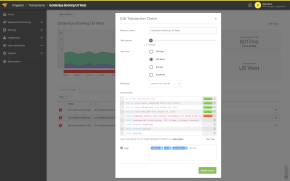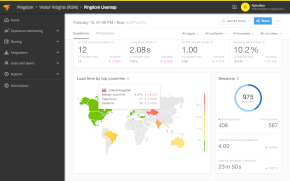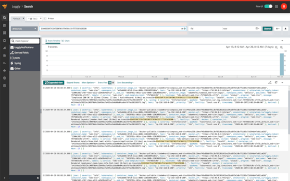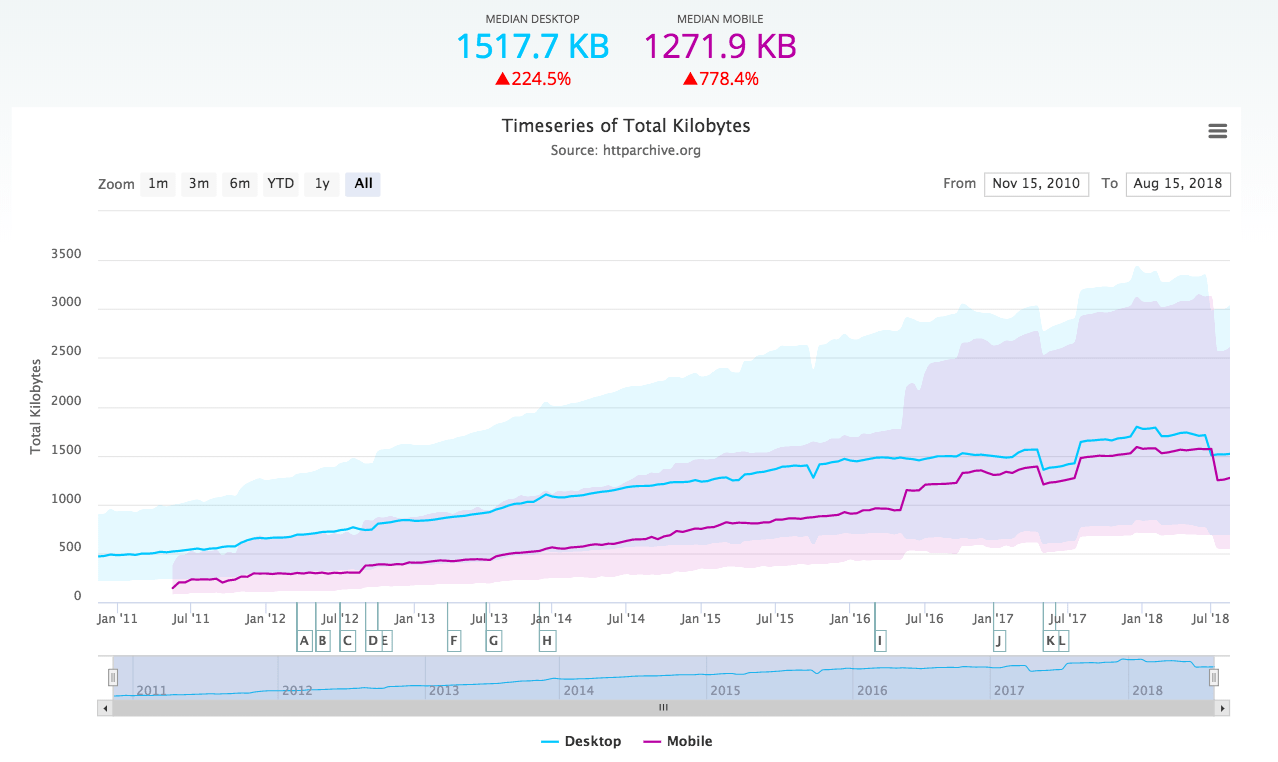Are you storing your files in the cloud? If you are, which cloud storage service are you using? Storing files in the cloud is convenient, but it means you want fast and reliable access to your information at any given time. And if the service is unavailable or your Internet connection is messing up you are in a pickle.
Last year we investigated the reliability and performance of four popular cloud storage services: Box, Dropbox, Google Drive, and SkyDrive. And now we’ve repeated the same study a year later. Read on to find out what the situation is like in 2013.
Uptime – Reliability
During June, our monitoring service connected once every minute to the same file stored in an account with each of these four cloud storage services. As our monitoring service does with all website monitoring checks, any downtime was verified from two different monitoring locations to avoid false positives.
In terms of uptime and reliability, the winner was Box. It’s the only service that scored a perfect 100% uptime. (Incidentally, that was also the case in last year’s study.)
Here is the uptime of the four services (best uptime first):
- Box – 100%
- SkyDrive – 99.993%
- Google Drive – 99.991%
- Dropbox – 99.889%
Not far behind Box came Google Drive and SkyDrive both with 99.99% uptime. With uptime that high, over a month we’re only talking about a few minutes unavailability. In practice, you would hardly notice any difference between these two cloud storage services.
Finally, Dropbox came in just behind the other three at 99.889% uptime. That means 48 minutes of downtime over the month of June. The majority of this happened June 2nd, including the longest outage of nine minutes. We should point out that this doesn’t necessarily mean that every user’s Dropbox account was unavailable for the exact same period and time.
Here are all the numbers for the uptime of the cloud storage services during June 2013:
| Uptime | Total downtime (minutes) | Longest downtime (minutes) | Number of downtimes | |
|---|---|---|---|---|
| Box | 100 | 0 | 0 | 0 |
| Dropbox | 99.889% | 48 | 9 | 19 |
| Google Drive | 99.991% | 4 | 3 | 2 |
| SkyDrive | 99.993% | 3 | 2 | 2 |
Performance
Let’s keep in mind that these services are primarily meant for file sharing and not for performance-sensitive files and documents. Although you could, for example, serve up files for websites with at least some of these services, that’s not what they’re meant for.
You could, therefore, argue that uptime and reliability are more important than performance, but for us both aspects are critical. Obviously you want to both upload and download your files just as fast as possible.
Last year, Dropbox was the overall performance leader, a position it has lost to Google Drive this year. The average overall response time for Google Drive was 549 ms compared to 708 ms for Dropbox. Even though Box scored a perfect 100% uptime during June, it’s also considerably slower than the two performance leaders.
Here is the average overall response time of the four services (fastest first):
- Google Drive – 549 ms.
- Dropbox – 708 ms.
- SkyDrive – 920 ms.
- Box – 1,202 ms.
Worth noting is that, with one exception, all services exhibited faster access times from the North American parts of our monitoring network compared to our European locations. This was also the case last year. The exception to this was Dropbox, which actually showed slower access from North America compared to Europe. Like last year, Google Drive was the service that showed the smallest difference between Europe and North America.
You can see all the details in this chart:

Conclusion
The conclusion from our 2013 cloud storage shoot-out is that the reliability of these consumer-grade services is pretty good. And there’s been little change since last year in this regard. The average of the uptime of the four services has dropped only about 0.02 percentage points since our study last year.
In terms of performance, Google Drive has taken over the speed title from Dropbox. Together with SkyDrive, Google Drive has improved its performance from last year. Both Box and Dropbox suffer worse performance in this study compared to the one a year ago.
Which cloud storage service are you using? Are you happy with its reliability and performance? Let us know in the comments below.
Image (Top) via Shutterstock.
Note: The Dropbox-file we monitored for this study was shared through a Public folder, a feature that was discontinued last year. It’s possible that the way files are now shared and made public on Dropbox can affect the performance. Since this study we have changed how the file is shared in Dropbox to the “new” way.
























